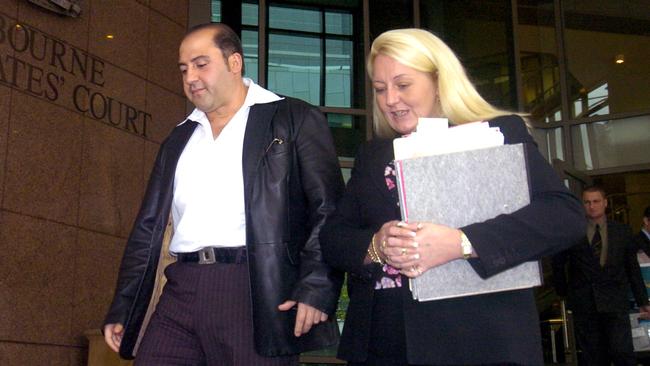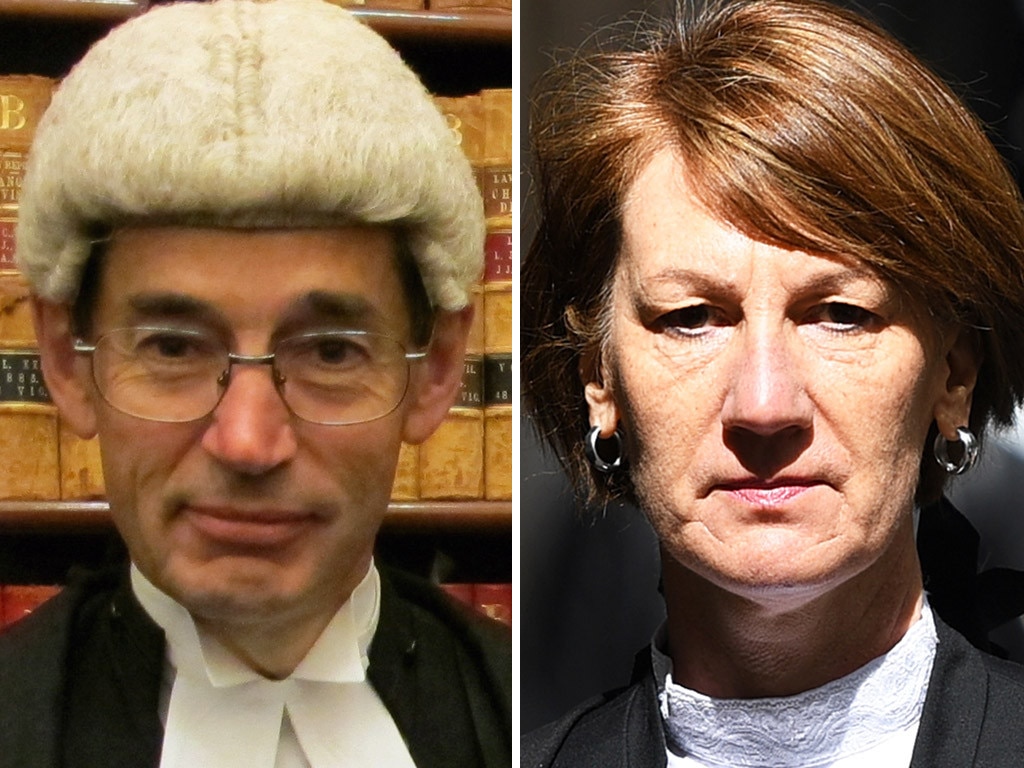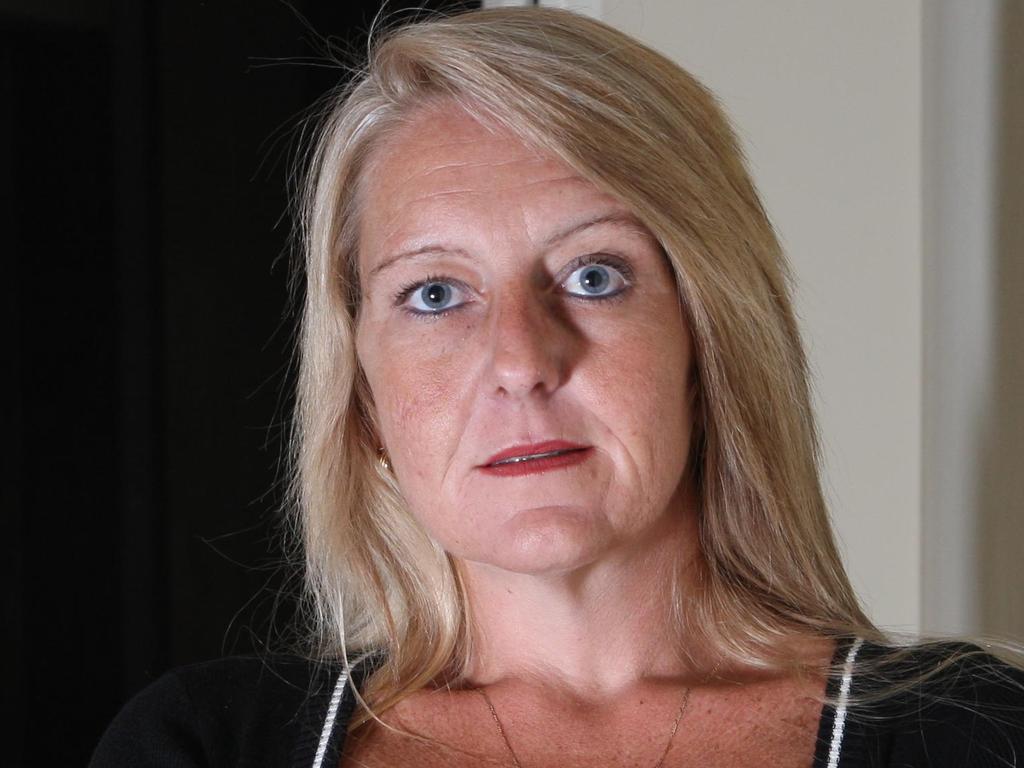Lawyer X: Secret stand-off between two powerful Australian legal figures
Special investigator Geoffrey Nettle wanted four police charged. But DPP Kerri Judd said no. Here are all the details of their unprecedented dispute.

As he waited to be questioned by gangwar detectives, Fleet was no doubt comforted knowing one of Melbourne’s highest profile criminal barristers was coming to his aid.
But Fleet — the pseudonym applied to him in this week’s Office of Special Investigator report to parliament — didn’t know the truth about his lawyer, Nicola Gobbo.
Sitting in the cop shop after his arrest on April 22, 2006, the drug cook could never have imagined the lawyer he thought was going to help him was, in fact, working as a spy for Victoria Police.
‘‘As the documentary evidence shows, the idea that (redacted) should use (redacted) influence over Fleet to cause (redacted) to ‘roll’ and provide information to assist police ... (redacted) observed that Fleet’s lige would be a lot easier if Mokbel were not around and suggested that (redacted) sit down with Fleet and see what (redacted) knew and what opportunities there were to do something with (redacted) that might help police lock Mokbel up,’’ the OSI’s special report to parliament states.
The OSI’s special report continues; ‘‘(redacted) provided police with a stream of information regarding Fleet directed to catching (redacted) red-handed and thereby inducing (redacted) to roll.’’
Special Investigator Geoffrey Nettle, a former High Court judge, has referred in detail to the case of Fleet in unloading on Victoria’s top prosecutor Kerri Judd, KC, for refusing to lay charges over the Lawyer X scandal.

While Gobbo’s name has been redacted from the pages of evidence in the Fleet brief — codenamed Operation Spey — included in the special report, it’s clear that it does refer to Gobbo’s actions.
Nettle put on the public record some of the 5000 pages of evidence his officers compiled in a brief they felt warranted charging four police officers with perverting the course of justice in how they handled Fleet.
Four days earlier, Judd had sent the OSI her formal decision that she did not intend filing charges against the four police officers or Gobbo. Judd told Nettle that, in her view, there was no ‘‘reasonable prospect’’ of conviction.

‘‘The OSI was unable to persuade Fleet to make a witness statement ... there is no other evidence of what went on between Fleet and (redacted) on the two critical occasions,’’ she told Nettle in a letter on March 16.
Nettle informs Judd that Gobbo had expressed a preparedness to plead guilty to her role in the Fleet plot, in return for a non-custodial sentence being considered.
Nettle delivers stinging conclusion to Judd in his letter of March 20, stating:
‘‘Finally, what the recordings also demonstrate is that neither (redacted) nor (redacted) nor indeed any other involved police officer did anything at all to stop doing what (redacted) stated (redacted) intended to do - nor even warn Fleet of (redacted)’s true status and purpose - no doubt because those police officers conceived that to do so might get in the way of achieving the object of rolling Fleet.
‘‘Perhaps, one or other of the putative accused might seek to defend the charge against by contending that there was nothing that VicPol could do to stop (redacted) attending or to warn Fleet of what (redacted) was about.
‘‘But with all respect, the idea that a rational jury rightly directed might accept such a contention is risible.’’







